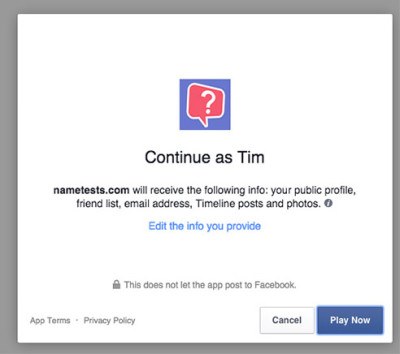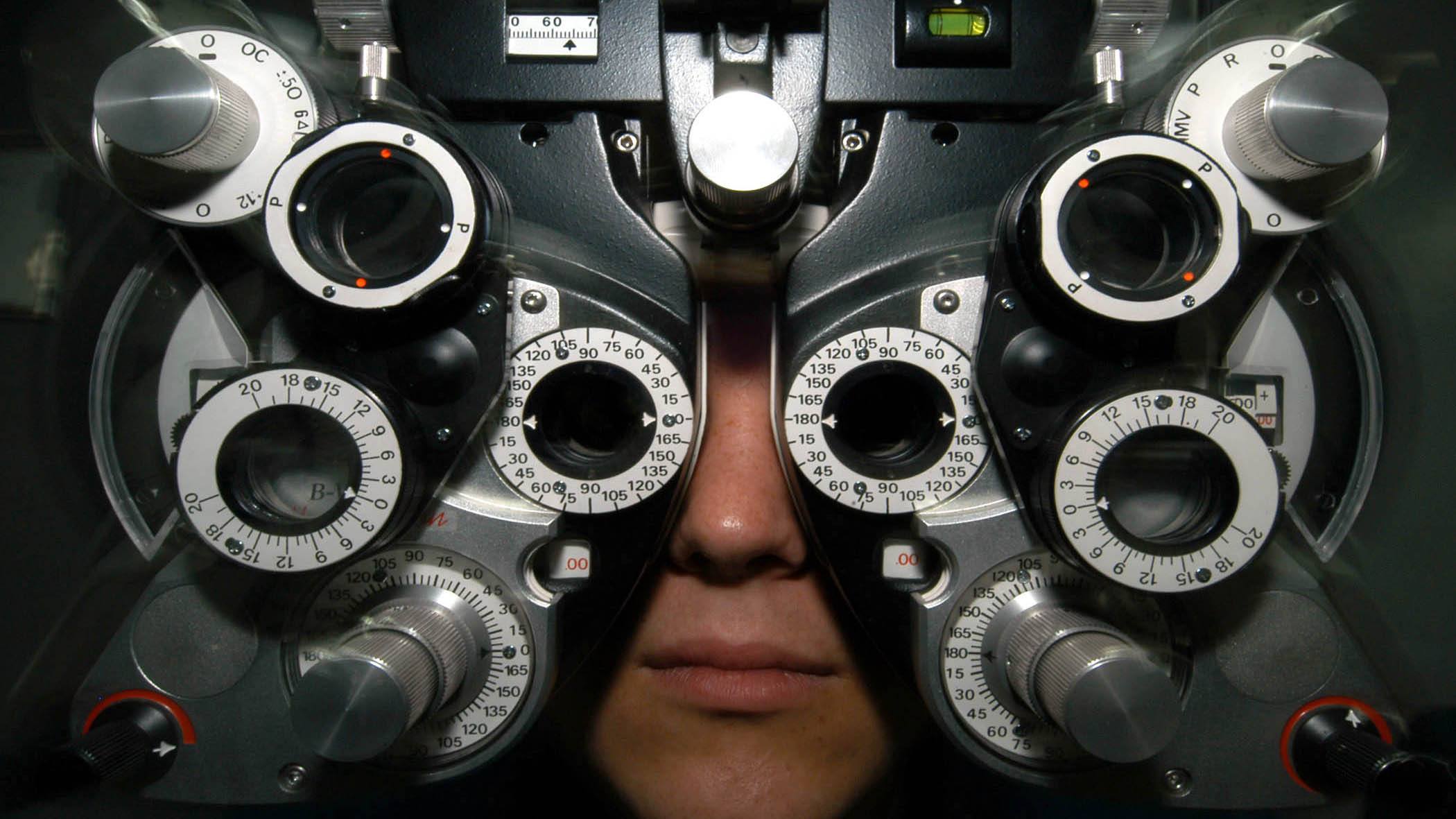On Facebook, Think Twice and Click Once (or Not at All)
 A scroll through a Facebook newsfeed can play Ping-Pong with your emotions. Inspiring and depressing. Funny and sad. Hopeful and hopeless.
A scroll through a Facebook newsfeed can play Ping-Pong with your emotions. Inspiring and depressing. Funny and sad. Hopeful and hopeless.
The ride can be dizzying. Take this heartbreaking news item, for instance:
“Dog badly burned and disfigured trying to save his family from a house fire.”
Wait, what? Are you serious? Horrible news! How can I help?
Easy. One like = one prayer. One share = 10 prayers.
Here’s the thing. This isn’t some scenario we dreamed up. It actually happened recently. (Google it!)
Millions of share prayers went out to support that poor pup—a pooch that it turned out hadn’t been burned at all. He just happened to have a slice of ham covering much of his face.
And just like that the story went from tragic to adorable in an instant (notwithstanding the somewhat dark humor of the original prankster). Thanks, Facebook!
Be Smart on Facebook
Ham-faced dog serves as a harmless reminder to keep your common sense with you at all times while on Facebook, or on any social media site for that matter. Employ the “sniff” test whenever something seems a little off.
When in doubt of the legitimacy of a post or link, or when the headline teeters between being simply super-interesting and suspicious click bait, leave it alone.
You’ll be fine not knowing what Baywatch stars look like 25 years later. You don’t necessarily need to be like Bill. And if you’re told: “You’ll never believe what happens next!” — It’s likely not that unbelievable (Facebook has worked to demote these types of tempting yet usually unfulfilling posts).
What Information Are You Giving Out?
Certain links, often connected to a third-party app, regularly require you to supply access to personal information—such as your friend list—in order to access the content.
So if you really want to learn the name of your Facebook soul mate, or you just must find out what your profile photo says about you, chances are you’ll have to give up a little privacy to get it. It’s up to you, if that’s what you want to do.
Either way, I advise doing research to make sure the organization you’re providing with the information is reputable and that you know exactly what personal information they’ll be accessing (and for how long). Read the fine print as well to determine if you have the option to edit the type of information requested.
Side note: Now might be a good time to do a little Facebook maintenance to see which apps have access to your information, or which ones can post on your behalf. Here’s how to clean that up.
Many of us today wear our lives on our sleeves when it comes to posting on Facebook. Personal details and other sensitive information are available to a range of friends (some of whom aren’t “friends” so much as they are “strangers”) and friends-of-friends.
Keep that in mind as you’re scrolling through your newsfeed with an itchy clicker finger.
Facebook Safety Checklist
I’m not saying you can’t have any fun on Facebook (it’s Facebook, after all). But here are ways to help you stay safe on Facebook (and maybe manage your time a bit better):
 Beware click-bait headlines: As mentioned above, Facebook has taken steps to decrease the relevance of these types of headlines in your newsfeed. But keep an eye out. Even if they’re harmless, often they don’t deliver on the content the headline promises.
Beware click-bait headlines: As mentioned above, Facebook has taken steps to decrease the relevance of these types of headlines in your newsfeed. But keep an eye out. Even if they’re harmless, often they don’t deliver on the content the headline promises.- Verify link source before clicking: I’m extra-cautious about clicking any links on Facebook. If it’s an article I really want to read and I’m unsure about the link source (i.e. uwant2clck.me), I’ll copy the headline and paste it into Google to see if I can get more information about the source. Here’s a note from Facebook on link safety.
- Click on links only from trusted friends: This is tied to the above note. If you’re not sure who posted the link, be wary (also, this is a good time to remind you to know who your friends are—I always advise against accepting a friend request from someone you don’t know personally or who you haven’t already vetted through a quick search).
- What if I clicked on a bad link? It happens. Don’t panic, but do change your Facebook password immediately.
- Don’t fall for hoaxes: Chances are you’ll spot a hoax a mile away (wiring money to a far-off prince for a cut of his inheritance, say). But so much content shared on Facebook appeals to our emotions and sometimes we let our emotions get the best of us (see: ham-faced dog). Think twice before you share, and when in doubt, check a site such as snopes.com to verify the information.
But if you come across a post in which a simple copy-and-paste-and-tag could help you snag a piece of Facebook founder Mark Zuckerberg’s fortune, by all means jump on it (don’t)! That one sounds legitimate (it’s not).
We’re proud to bring you the freshest content on the web! Follow USANA on Twitter, like our USANA Facebook page and enjoy the latest videos on the official USANA YouTube channel.
 Learn what USANA is doing to make the world a better place.
Learn what USANA is doing to make the world a better place.
The future of personalized health and nutrition is now available with USANA’s True Health Assessment.










Leave a Reply
Want to join the discussion?Feel free to contribute!